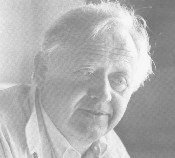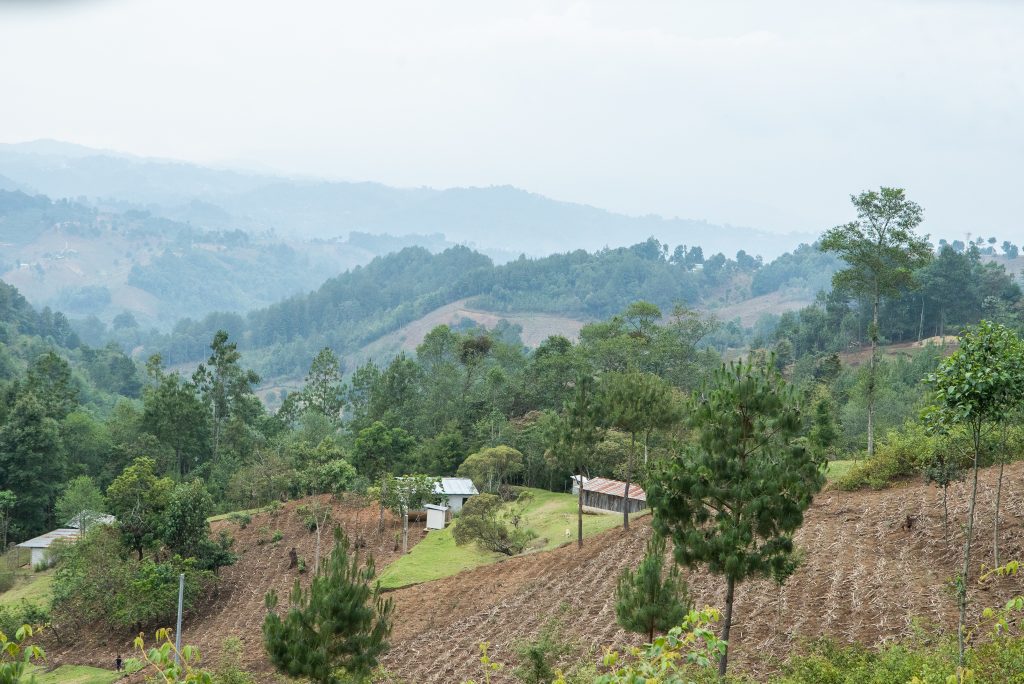“The point of (our work) is to seek measures that create and activate a community, rather than leave it passive and waiting. Real change requires patience and commitment.”
Dr. Carroll Behrhorst graduated from Washington University Medical School. After private practice in the United States, he went to Guatemala where he established a many faceted medical program to serve the rural Kaqchikel Maya of the Guatemala Highlands.


